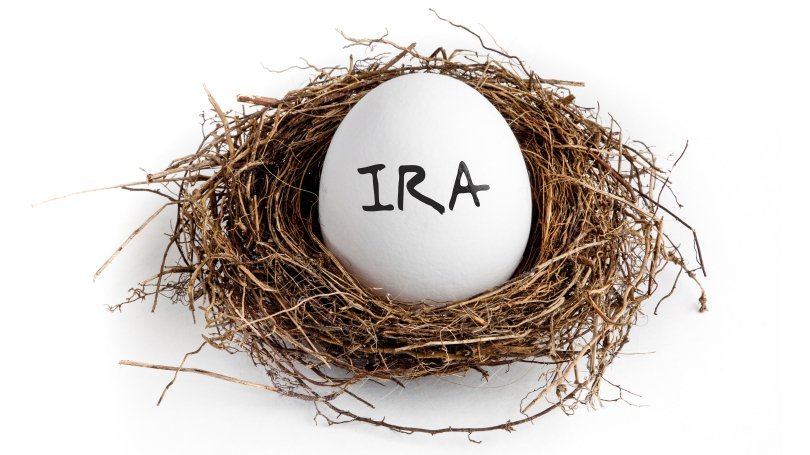This Privacy Statement describes how Milvidskiy Law Group P.C. collects, uses, and discloses certain personal information obtained through our public web site at www.milvidlaw.com (the “Web Site”). This Privacy Statement does not address information collection through other sources such as in-person seminars, workshops, or in-person consultations and contacts.
Personal Information Collection and Use
In general, you can visit our Web Site without telling us who you are or revealing any information about yourself. There are times, however, when we ask for personally identifiable information from you, such as your name, company, e-mail address, phone number, and address (“Personal Information”). We request this information in order to correspond with you, to provide you with a subscription to a newsletter or publication, to notify you about events, or otherwise to respond to your requests or provide you with information that we consider may be of interest to you. Where applicable, we will differentiate between personal data fields that are optional and those that are mandatory to obtain the requested information.
If you receive a marketing e-mail from Milvidskiy Law Group P.C., you will be provided with an automated way to opt out (unsubscribe) from that particular communication or from all marketing e-mails sent by our firm. Please follow the instructions on the e-mail you received. If you have received unwanted e-mail from our firm, please forward a copy of that e-mail to info@milvidlaw.com.
Please note that if you reply to a Milvidskiy Law Group P.C. address in one of our marketing e-mails or otherwise send a communication to us, your communication will not create an attorney-client relationship with us. Do not send us any information that you or anyone else considers to be confidential or secret unless we have first agreed to be your lawyers in that matter. Any information you send us before we agree to be your lawyers cannot be protected from disclosure.
Data Sharing
We may share Personal Information among our member attorneys for purposes of responding to your requests or otherwise as necessary for the purposes described above. We may also in limited circumstances share Personal Information with government authorities or others as required to protect the interests of the firm or others, as necessary in connection with the sale or transfer of all or a portion of the business, or as required by applicable law or court order.
International Data Transfers
This Web Site is hosted on a web server in the United States. If you are located in a non-US jurisdiction, your provision of Personal Information or other access to our Web Site constitutes your transfer of such data to the United States, a jurisdiction that may not provide a level of data protection equivalent to the laws in your home country.
Security Measures
Milvidskiy Law Group P.C. maintains appropriate technical and organizational security measures to protect the security of your Personal Information against the loss, misuse, unauthorized access, disclosure or alteration.
Links to Other Web Sites
The privacy practices set forth in this Privacy Statement are for our web site only. This web site may contain links to other sites. Milvidskiy Law Group P.C. is not responsible for the privacy practices or the content of such sites. If you link to or otherwise visit any other site, please review the privacy policies posted at that site.
Cookies and Passive Tracking
A “cookie” is an element of data that can be sent to your browser. Your browser may then store it on your system based on the preferences you have set on your browser. Cookies gather information about your operating system including, but not limited to, browser type, and Internet Protocol (IP) address. The Web Site uses this information to analyze the traffic on our web site, and better serve you when you return to our web site. It is not our intention to use such information to personally identify a user. You have the option to configure your Internet browser to notify you when you receive a cookie, giving you the chance to decide whether to accept it. Further, you have the option to block all cookies. Please note, however, that if you refuse or otherwise block cookies you may not be able to use all of the functionality available on the web site.
Access and Correction
If you wish to access or update the Personal Information you submit through our web site, or to make any inquiries about the processing of such information, please contact us as described below. We provide individuals with access to their Personal Information where we believe appropriate, including in situations where you are entitled to access and review your Personal Information under applicable data protection and privacy laws.
Google ReCaptcha Spam Protection
This site is protected by reCAPTCHA and the Google.
Privacy Policy and
Terms of Serice apply.
Revisions to this Privacy Statement
Milvidskiy Law Group P.C. reserves the right to change this Privacy Policy from time to time. Please check the Privacy Statement frequently and particularly before you submit additional personal information via the Web Site. All revisions to this Privacy Statement will be posted on the web site via a link from the homepage. We also display the effective date of the Privacy Statement on the top of this page.







